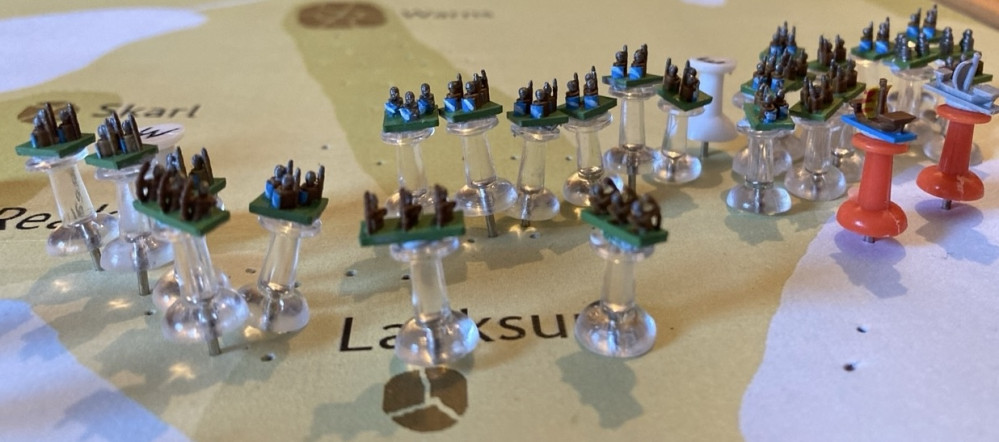
My descent into the tinyest of scales… and madness?
Kriegsspiel
At the end of my project on getting into Napoleonics, I noted that I had taken a next step in old-man-hobbyism: Kriegsspiel. Actually, I’m being unfair, since Kriegsspiel has also entered the 21st century. There is a very active community on Discord centered around the International Kriegsspiel Society, which runs all (as far as I know) of its games through Discord. On weekends you may find games that are played in one day, but most games take place over a number of weeks/months, with there being about three days to prepare your next orders.
For those unfamiliar, here is a excerpt from the Wikipedia article on Kriegsspiel:
It is characterized by high realism, an emphasis on the experience of decision-making rather than on competition, and the use of an umpire to keep the rules flexible and manage hidden information.
Left image: The Armée de Luxembourg advancing on Maastricht, during the Ten-day Campaign, a failed military expedition by the Netherlands against secessionist Belgium, 1831.
Right image: The Armée de Luxembourg, horribly outclassed by Dutch regulars stationed in the vicinity of Maastricht. “Sound the retreat!”
Basically, you and other players start off in a shared channel, depending on your team, where you may be involved in the initial planning. After the game starts, you are sent off to your own channel, which may be combined with other players, if you are close enough to each other. All other communication depends on dispatches, that may take a turn or longer to reach the intended target (or not). Each turn, the umpire(s) sends you an update which shows you a screenshot of what you see from your position, what has happened and whether you’ve recieved any messages. This is both stressful and exciting, since – unlike during ‘regular’ tabletop wargames – you have very little knowledge of what happens beyond the next hill. I’ve lead a successful cavalry charge into the enemy’s flanks, thinking I was winning the battle, only to discover that our lines were being completely rolled up on the other side and we had in fact lost. Too little, too late…
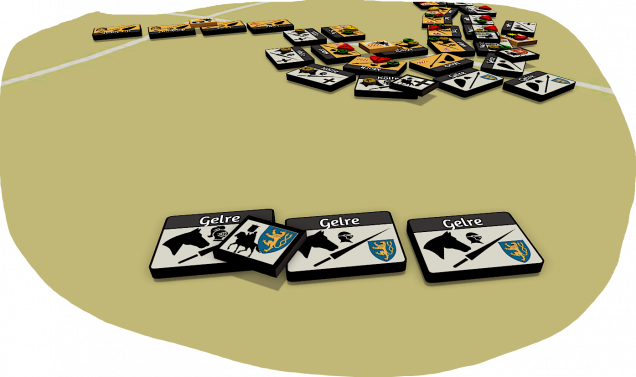 The Count of Gelre with his knights and men-at-arms, just before they charge into the Brabantian infantry threatening the Episcopal flanks during the Battle of Worringen, 1288
The Count of Gelre with his knights and men-at-arms, just before they charge into the Brabantian infantry threatening the Episcopal flanks during the Battle of Worringen, 1288I’ve fought on a variety of battlefields in different settings: from Napoleonic to Battletech. I’ve survived a whole battle and died within the first turns, and still wonder in which case my contribution was more meaningful. I must say that commanding troops in such unknown situations is exciting, but I get as much joy from my interactions with other players. It may be totally irrelevant to the battle itself, but one of my favourite moments was when I was an aide-de-camp and was tasked by the Belgian king to guard his wine-cellars during a siege. I got a complete list of the wines in said cellar.
In fact, much of that game was spent stuck in the besieged city, where we made plans to fool the Dutch and took potshots at any troops that dared come too close. Happiest of times!































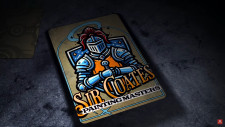
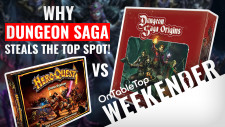
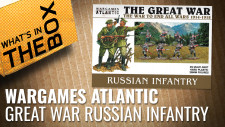


![TerrainFest 2024! Build Terrain With OnTableTop & Win A £300 Prize [Extended!]](https://images.beastsofwar.com/2024/10/TerrainFEST-2024-Social-Media-Post-Square-225-127.jpg)




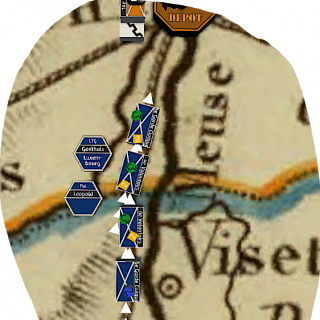
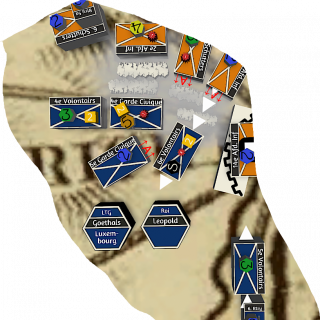


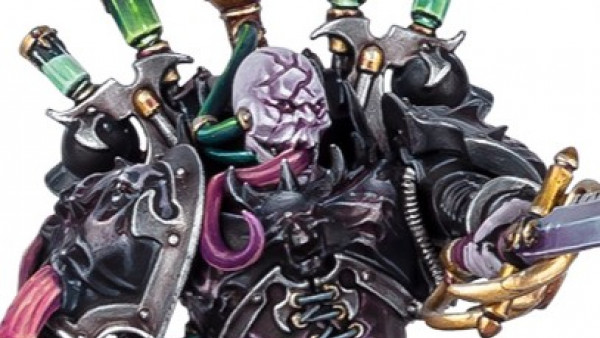
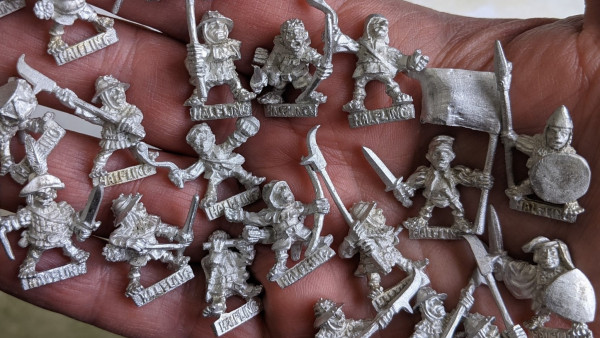

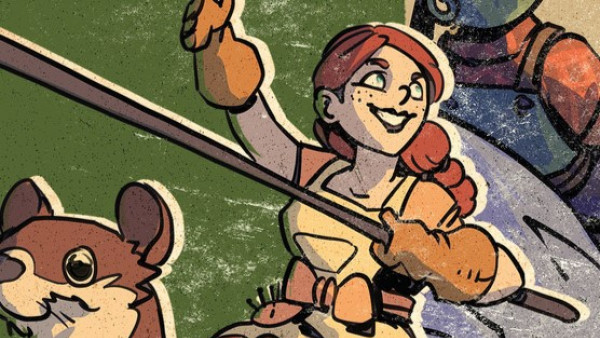

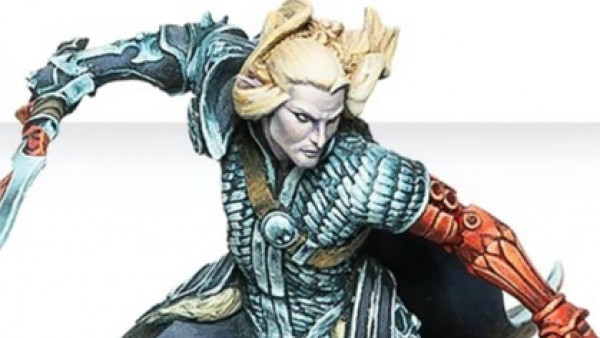
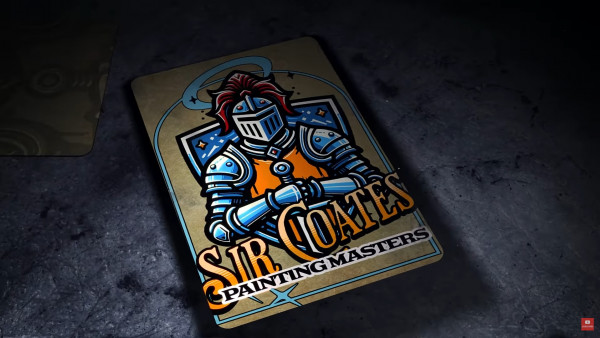
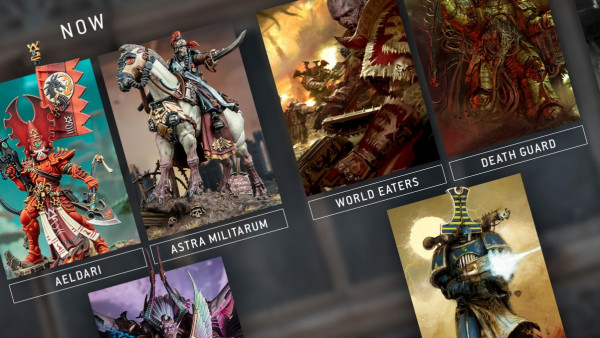
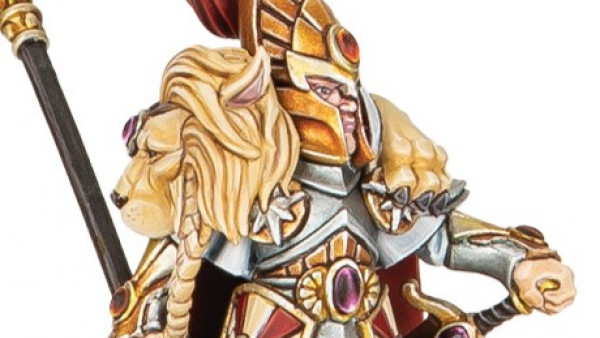
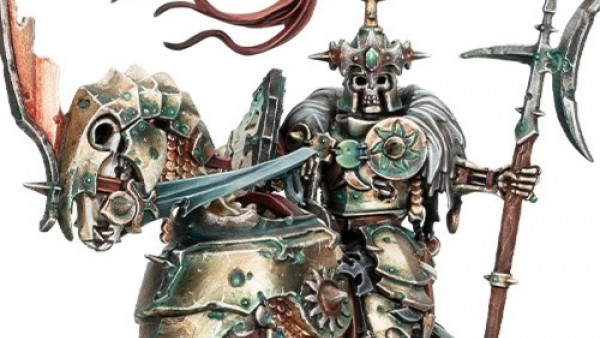
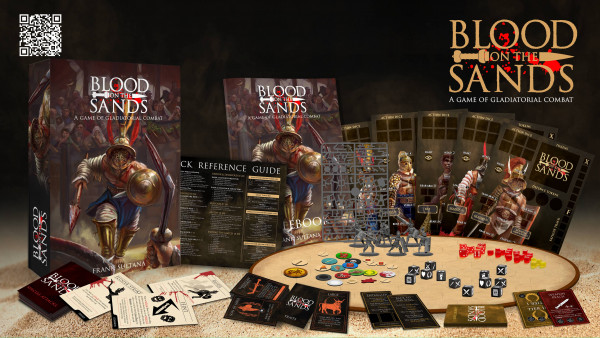
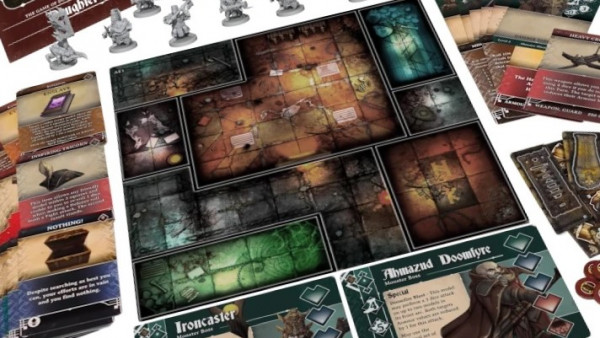

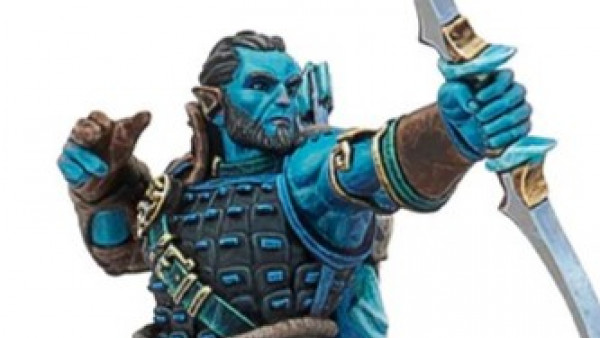
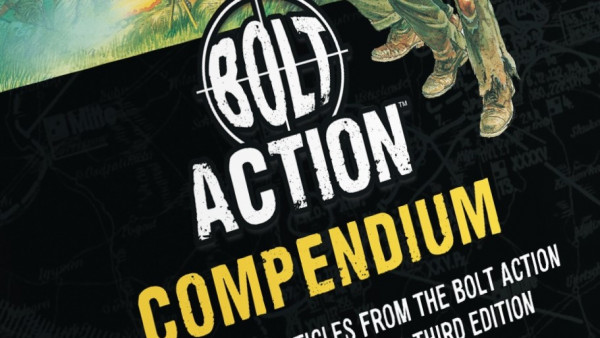
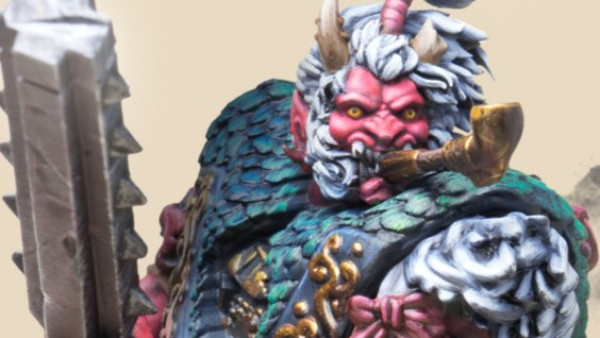
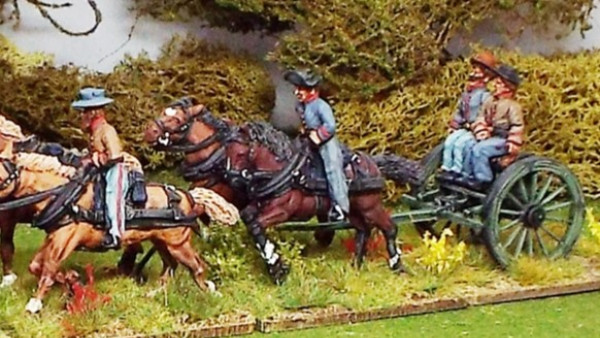
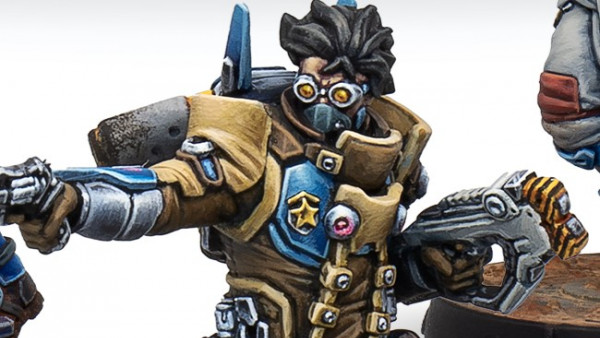
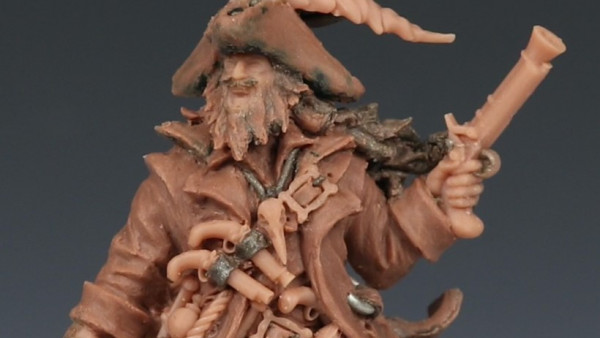
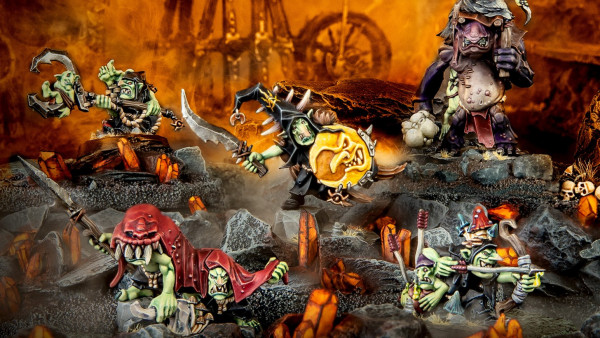

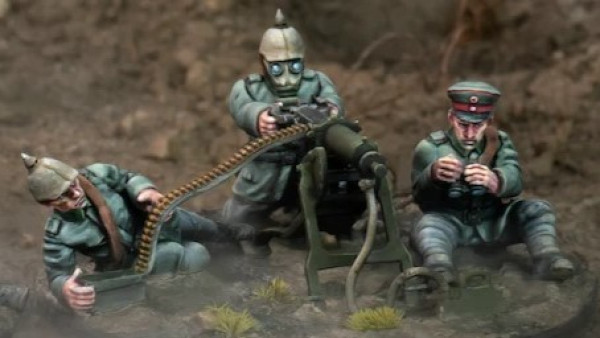
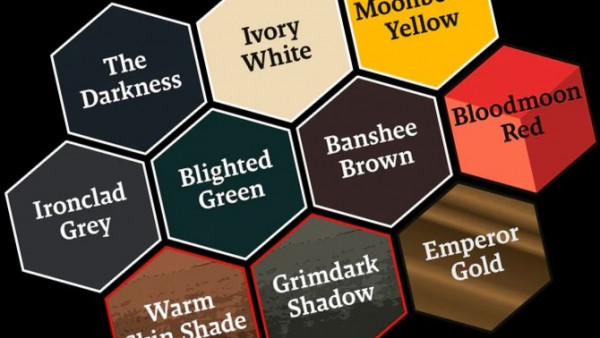
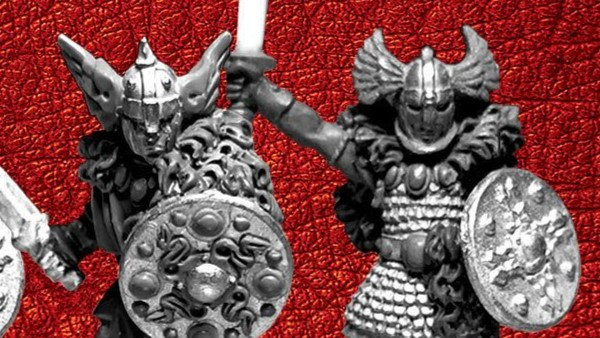
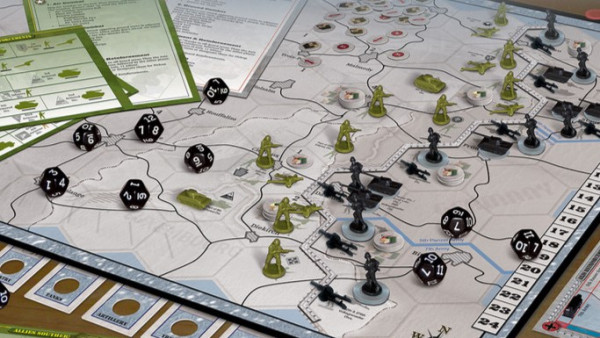

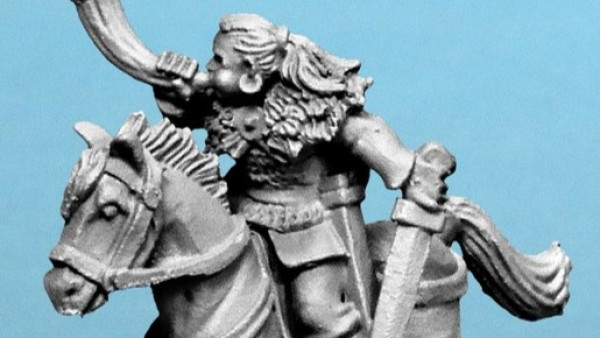





Leave a Reply